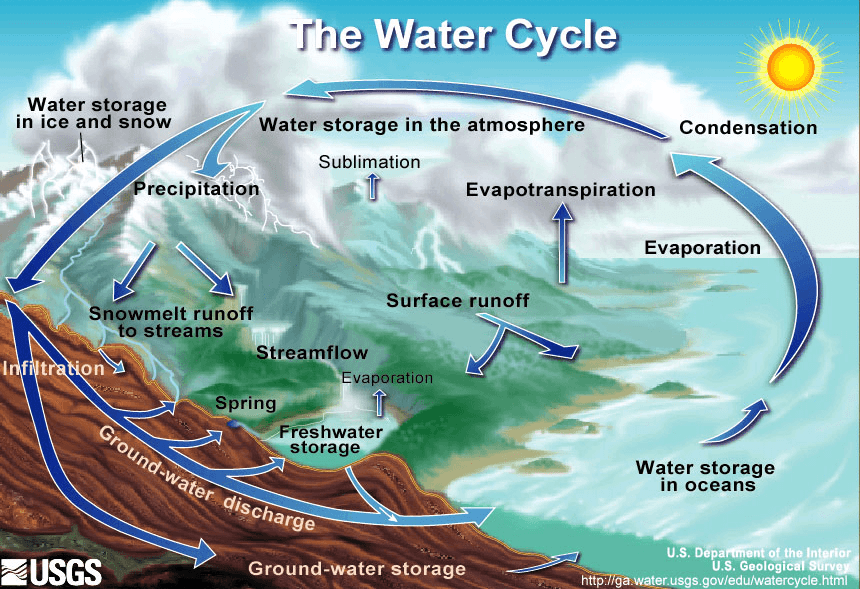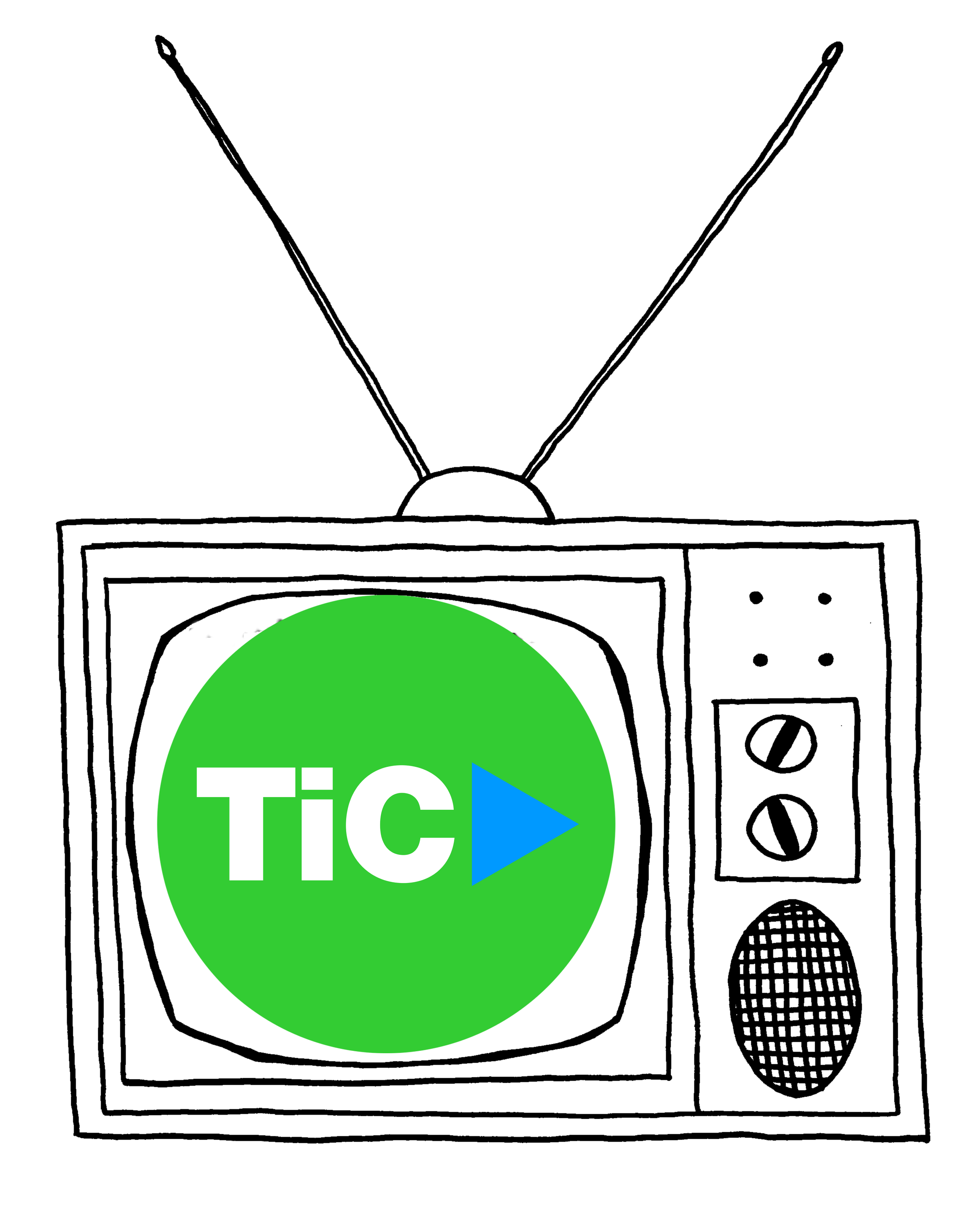March 22 is World Day for Water. Water is an essential building block of life. It is more than just essential to quench thirst or protect health; water is vital for creating jobs and supporting economic, social, and human development.
Amazing Water
Water; a human right
In 2010, the UN recognised “the right to safe and clean drinking water and sanitation as a human right that is essential for the full enjoyment of life and all human rights.”
Water is Scarce for Millions
The human right to water entitles everyone, without discrimination, to sufficient, safe, acceptable, physically accessible and affordable water for personal and domestic use; which includes water for drinking, personal sanitation, washing of clothes, food preparation, and personal and household hygiene.
People are left behind without safe water for many different reasons. The following are some of the ‘grounds for discrimination’ that cause certain people to be particularly disadvantaged when it comes to accessing water:
- Sex and gender
- Race, ethnicity, religion, birth, caste, language, and nationality
- Disability, age and health status
- Property, tenure, residence, economic and social status
- Other factors, such as environmental degradation, climate change, population growth, conflict, forced displacement and migration flows can also disproportionately affect marginalized groups through impacts on water.
To ‘leave no one behind’, we must focus our efforts towards including people who have been marginalised or ignored. Water services must meet the needs of marginalised groups and their voices must be heard in decision-making processes. Regulatory and legal frameworks must recognise the right to water for all people, and sufficient funding must be fairly and effectively targeted at those who need it most.
Water as a Comodity
World Water Day is coordinated by UN-Water – the UN’s inter-agency collaboration mechanism for all freshwater related issues – in collaboration with governments and partners.

